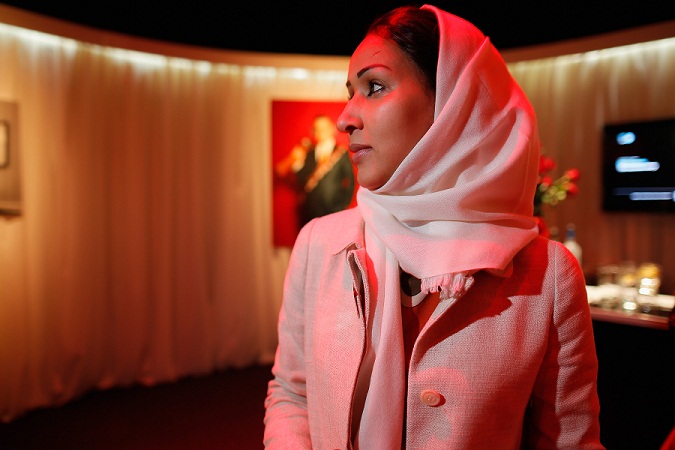
Manal al-Sharif publicly defied the ban on Saudi women drivers (Jemal Countess/Getty Images for TIME)
One year ago, Manal al-Sharif, divorced mother of one, took it upon herself to do something, women across the world do every day: Drive.
In May 2011, Manal al-Sharif got in a car and drove through the streets of Khobar, Saudi Arabia. Filmed by an acquaintance, al-Sharif followed the 1990 demonstration in which Saudi women took on the streets of the capital and drove without permission. Her action not only caused an uproar in the kingdom, but also laid ground for the now well-known Women2Drive campaign that celebrates its anniversary on June 17.
Activists around the world took to social media to support the campaign, including Amnesty activists who recently collected portraits of activists supporting the right to drive for Saudi women.


